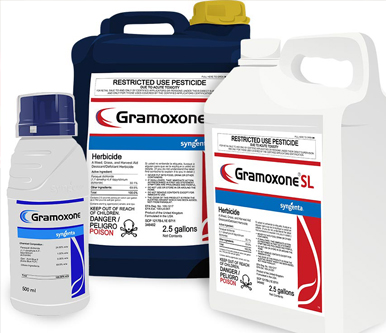Seeking Justice: The Paraquat or Gramoxone and Developed Parkinson Lawsuits
Paraquat, a widely used herbicide marketed under various brand names including Gramoxone, has long been a staple in agriculture for its effectiveness in controlling weeds. However, its potential link to Parkinson's disease has sparked a wave of legal action, with individuals alleging that exposure to the herbicide has contributed to the development of this debilitating neurological condition.
Parkinson's disease is a progressive disorder of the nervous system characterized by tremors, rigidity, and difficulty with movement and coordination. While the exact cause of Parkinson's remains elusive, research has identified certain environmental factors, including exposure to certain chemicals, as potential contributors to the development of the disease.
Paraquat, a highly toxic herbicide widely used in agriculture to control weeds and grasses, has come under increasing scrutiny due to its potential neurotoxicity and association with Parkinson's disease. Studies have suggested that prolonged or high-level exposure to paraquat may increase the risk of Parkinson's disease, particularly among agricultural workers and individuals living in rural areas where the herbicide is commonly used.
In response to mounting evidence linking paraquat exposure to Parkinson's disease, a growing number of individuals have filed lawsuits against the manufacturers and distributors of paraquat-containing herbicides, alleging negligence, failure to warn, and other legal claims. Plaintiffs in these lawsuits include farmers, agricultural workers, landscapers, and others who claim to have developed Parkinson's disease as a result of paraquat exposure.
The legal battle surrounding paraquat and Parkinson's disease lawsuits is complex and multifaceted, with plaintiffs facing significant challenges in proving causation and liability. However, recent developments, including scientific studies linking paraquat to Parkinson's disease and court rulings allowing lawsuits to proceed, have provided hope for justice and accountability for those affected.
In 2020, the United States Environmental Protection Agency (EPA) announced a proposal to revoke all tolerances for paraquat, effectively banning its use in the United States due to concerns over human health risks. While the proposal is still pending finalization, it underscores the growing recognition of the potential dangers posed by paraquat and the need for stricter regulations to protect public health.
As the paraquat and Parkinson's disease lawsuits continue to unfold, they serve as a stark reminder of the importance of environmental stewardship, workplace safety, and corporate accountability. By holding manufacturers and distributors accountable for the harm caused by their products, these lawsuits aim to provide compensation and support for individuals living with Parkinson's disease and to prevent future instances of harm from hazardous chemicals in our environment.


